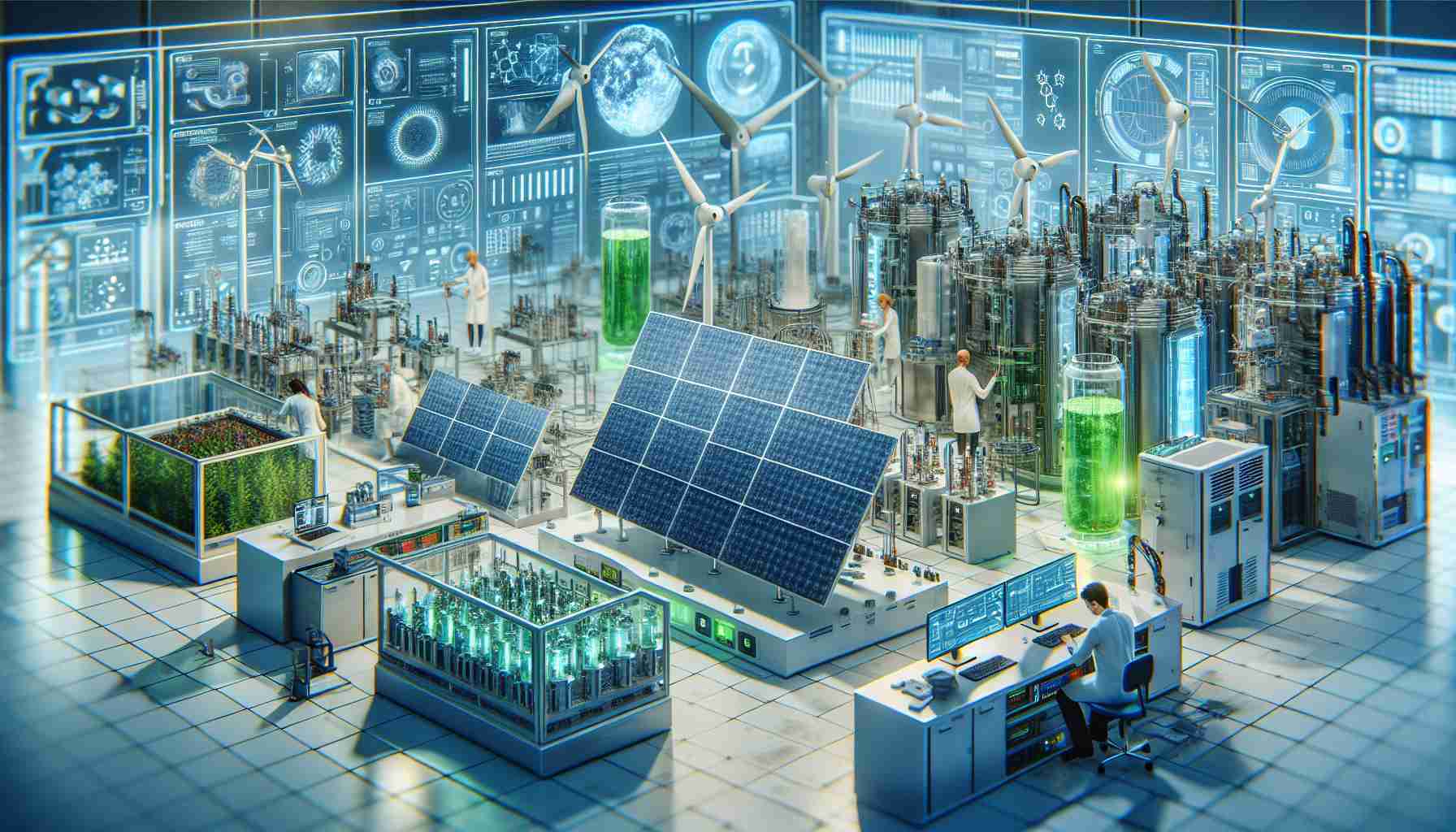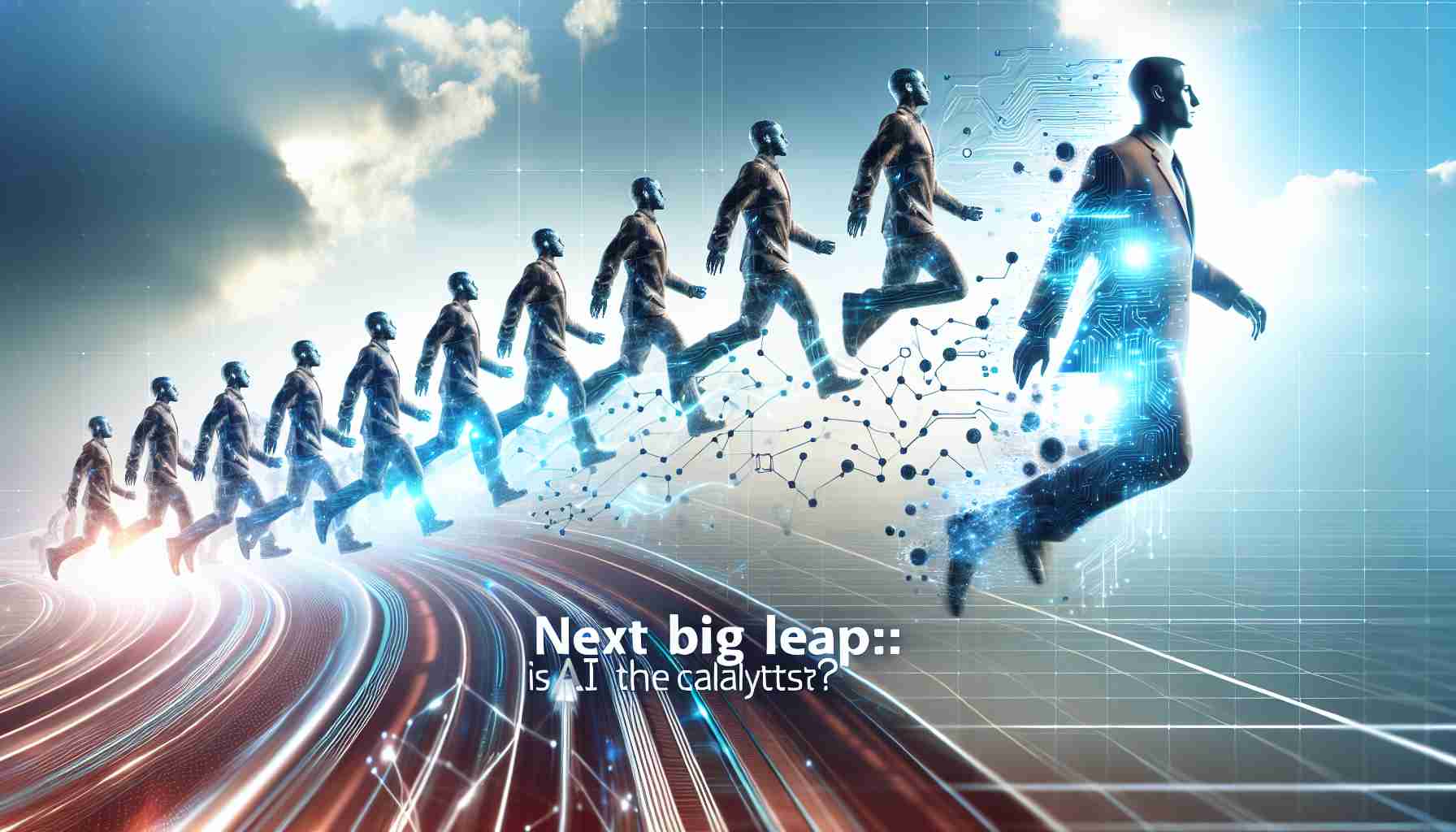Artificial Intelligence Overview
Artificial Intelligence (AI) is an ever-evolving field of computer science aimed at creating machines capable of performing tasks that, when executed by humans, require intelligence. This includes areas like speech recognition, decision-making, and translation between languages. AI has been a subject of fascination since its inception, driven by the aspiration to replicate human cognition in machines.
At its core, AI can be categorized into two types: Narrow AI and General AI. Narrow AI is specialized in one area, such as chatbots or recommendation systems, while General AI would theoretically understand or learn any intellectual task a human can perform. While Narrow AI is already in widespread use, General AI remains a future goal, with significant advancements needed to achieve it.
The technology underpinning AI includes machine learning and deep learning. Machine learning, a subset of AI, involves algorithms that improve their performance as they are exposed to more data over time. Deep learning, a further subset, utilizes neural networks with many layers to model complex patterns in large data sets. These advancements have led to substantial breakthroughs in fields like medical diagnosis, autonomous vehicles, and more.
Despite its revolutionary capabilities, AI also poses challenges, such as ethical concerns over privacy, security, and the potential displacement of jobs. As AI continues to develop, balancing innovation with responsible application will be critical to maximizing its benefits for humanity. Every day, AI reshapes how we interact with technology, offering transformative potential across all sectors.
The Unseen Impacts of AI: How It Shapes Communities
As AI continues to advance, the ripple effects on our societies reach far beyond what meets the eye. While the potential benefits are widely discussed, what about the unseen impacts AI has on various facets of life?
AI plays a subtle yet profound role in urban development. Cities around the world are using AI-driven platforms to enhance public services. From optimizing traffic flow, reducing energy consumption, to managing waste, AI offers solutions that significantly improve urban living conditions. But what about the flip side? Could over-reliance on these systems reduce human accountability in critical infrastructure decisions, or even compromise privacy?
In the sphere of education, personalized AI tutors are creating tailored learning experiences, accommodating different paces and styles. However, not all communities reap these benefits equally. The digital divide raises a pressing question: Is AI-widening educational inequalities among students from varied socio-economic backgrounds?
Moving to the job market, AI’s contribution is twofold. While automation boosts productivity, it also threatens traditional employment sectors. What kinds of roles are emerging to counterbalance these losses? Increasingly, there’s a demand for positions in AI ethics and governance, underscoring the importance of human oversight in AI deployments.
Similarly, AI is transforming healthcare through predictive analytics and personal health management. However, privacy concerns arise about patient data security if AI systems are breached.
Considering these dynamics, it becomes crucial to ask: How can we ensure AI technologies are accessible and beneficial to all? The conversation around governing AI responsibly is perhaps as significant as the technology itself.
For further exploration, check reputable sources such as IBM and MIT for ongoing developments in AI innovation and ethics.





















